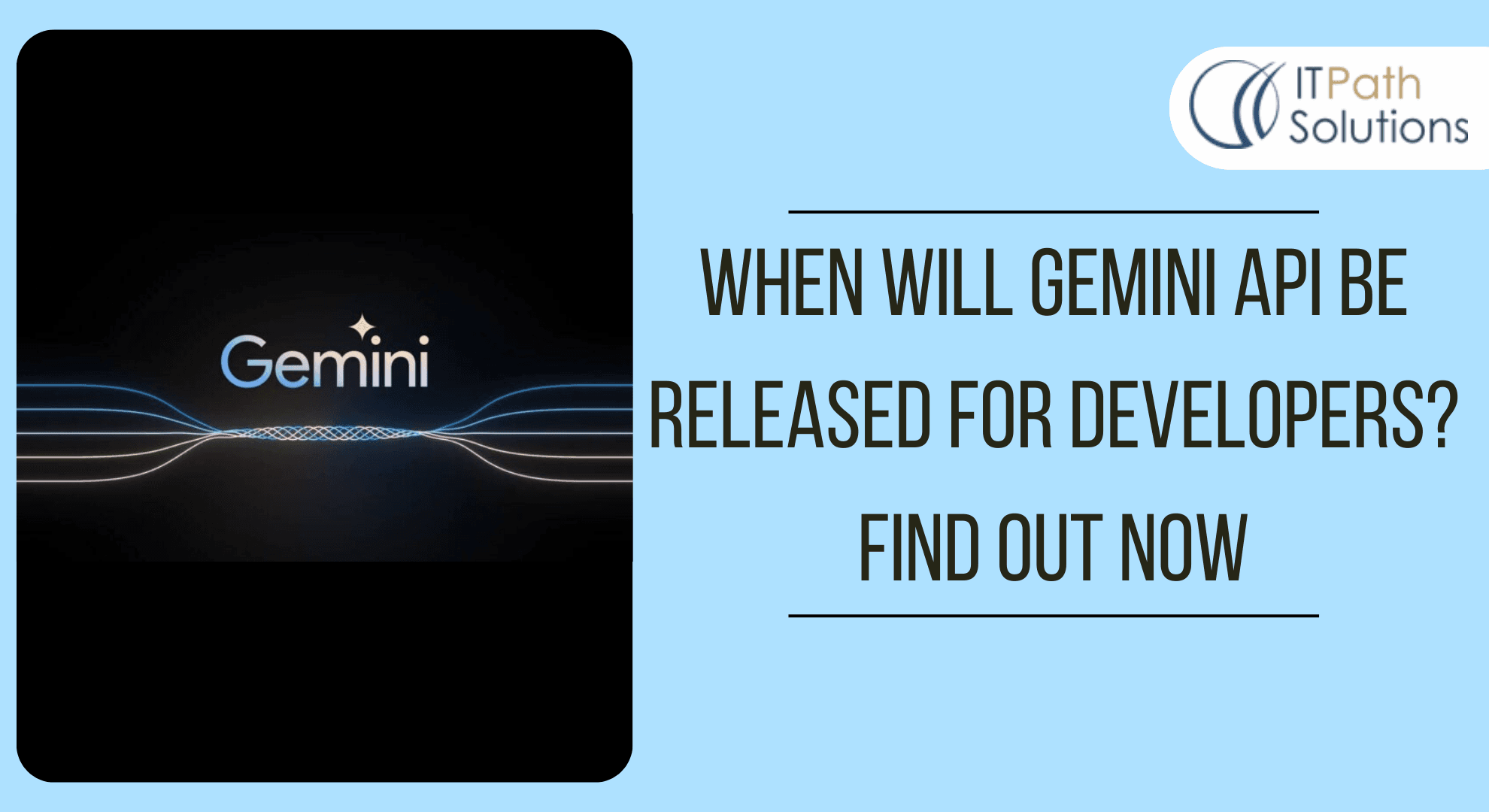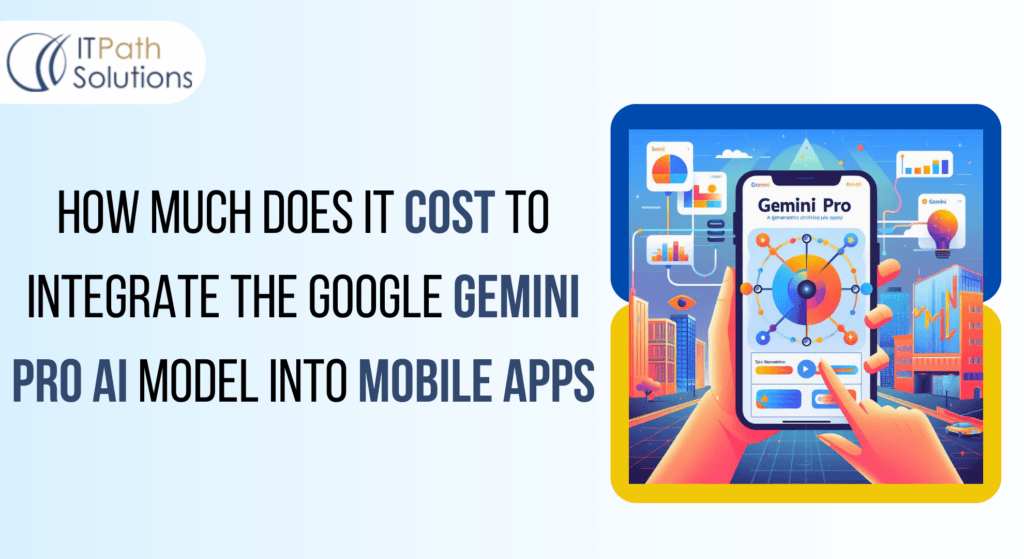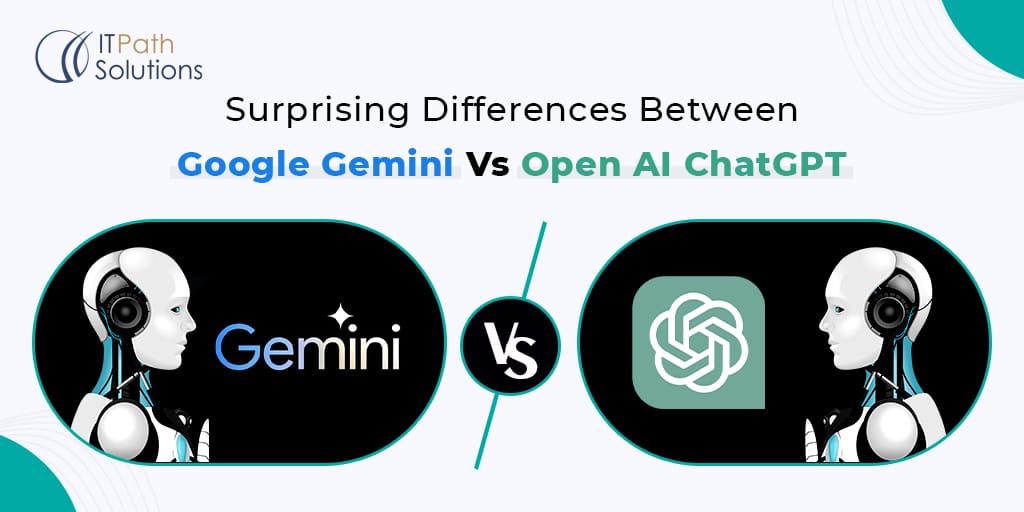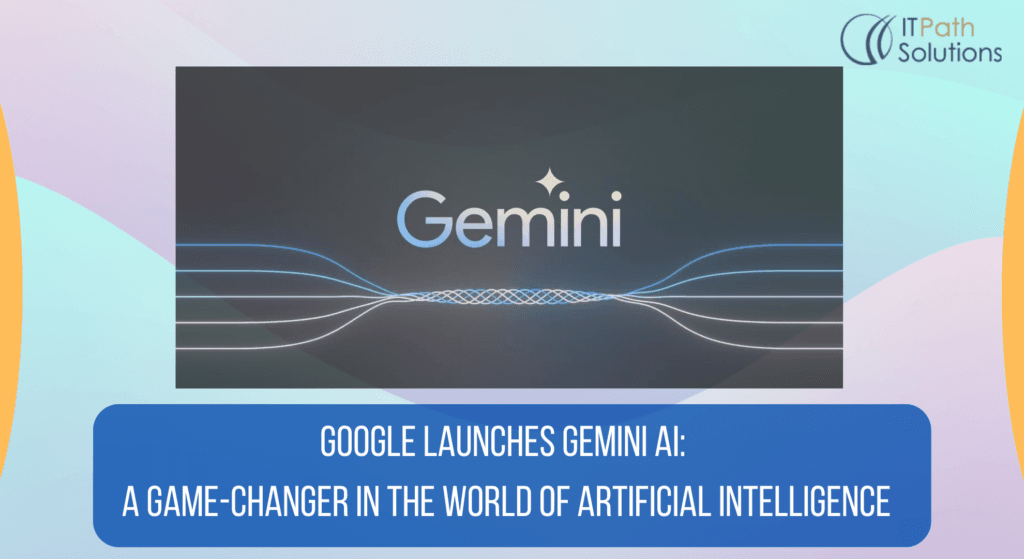When Will Gemini API Be Released For Developers? Find Out Now

Gemini API Release Date for Developers
Google has launched its largest and most capable AI model, Gemini, which can understand videos, images, text, and audio. This promises to be a significant leap over GPT 4 by ChatGPT and for the first time, generative AI will be able to handle more than just text. Gemini AI can read videos, images and sound to create content in that specific format or provide interpretations of it.
Key Points About Gemini API
- Multimodal Capabilities: Gemini was built from the ground up to be multimodal, which means it can generalise and seamlessly understand, operate across, and combine different types of information
- Availability: Gemini Pro will be available for developers through the Gemini API in Google AI Studio or Google Cloud Vertex AI
- Future Integration: Google plans to bring Gemini to Search, Ads, Chrome, and Duet AI in the next few months
- Android Compatibility: Google is also working on making Gemini Nano available for Android developers via AICore, a new system capability available in Android 14.
What Does This Mean for Developers?
With the release of Gemini API, developers can leverage the power of Google’s most advanced AI model to create innovative applications and services. Gemini’s multimodal capabilities make it a versatile tool for various use cases, such as chatbots, summarization, and smart replies
By integrating Gemini into their applications, developers can enhance user experiences and provide more accurate and relevant information. In conclusion, the Gemini API is a significant step forward in the world of AI development, offering developers a powerful and versatile tool to build innovative applications and services. As Google continues to refine and expand Gemini’s capabilities, the potential applications for this groundbreaking AI model are endless.

The Gemini API Offers Several Benefits for Developers, Including:
- Multimodal Capabilities: Gemini is built from the ground up to be multimodal, which means it can generalize and seamlessly understand, operate across, and combine different types of information, such as text, code, audio, images, and video. This allows developers to create a wide range of applications and services that can handle various types of data.
- Ease of Integration: Developers can access Gemini Pro API through Google AI Studio or Google Cloud Vertex AI, making it easy to integrate into existing applications and services.
- Advanced Features: Gemini API provides advanced features like a “nonce” number, which is a unique number that must not be repeated and must be increased between order requests
This helps prevent potential manipulation and ensures a secure trading environment. - Educational Resources: Google offers educational resources to help developers get started with the Gemini API and understand its capabilities
- Sandbox Environment: The Gemini API provides a sandbox environment for developers to test their applications and services before deploying them to production
. This allows developers to experiment with the API and ensure that their applications work as expected. - Future Integration: Google plans to integrate Gemini into various products and services, such as Search, Ads, Chrome, and Duet AI
. This will provide developers with more opportunities to leverage the power of Gemini in their applications. - Android Compatibility: Google is working on making Gemini Nano available for Android developers via AICore, a new system capability available in Android 14
. This will allow developers to create innovative Android applications that utilize the power of Gemini.

Conclusion
In summary, the Gemini API offers developers a powerful and versatile tool to build innovative applications and services. Its multimodal capabilities, ease of integration, advanced features, educational resources, sandbox environment, future integration, and Android compatibility make it an attractive option for developers looking to create cutting-edge applications.
Google has recently introduced the Gemini AI, which is now available for use in its Google Bard search engine. This represents a significant advancement in the field of artificial intelligence. Developers who have been eagerly anticipating access to this new AI model will be pleased to learn that Google has announced the availability of the Gemini Pro API, starting from December 13, 2023.
Gemini is designed from the ground up for multimodality, allowing it to seamlessly reason across various data types such as text, images, video, audio, and code. This makes it a versatile tool for developers and businesses. Access to this sophisticated tool will be provided through Google AI Studio and Google Cloud Vertex AI, enabling the incorporation of AI into applications with unprecedented ease.
The standout feature of the Gemini Pro API is its multimodal AI model, which is adept at handling a variety of data types. The introduction of the Gemini Pro API marks a pivotal moment for developers, paving the way for the creation of complex applications that can comprehend and interact with diverse forms of information. This release, along with Google’s continuous efforts in AI development, represents a significant stride for both developers and enterprises.
The capacity to process and interact with diverse data types, coupled with the ability to function across a multitude of devices, positions the Gemini Pro API as a pivotal element in the technological landscape. The Gemini API will be available for developers through Google Cloud’s API from December 13, 2023. This marks an important milestone in the field of AI development and offers developers a powerful and versatile tool to create innovative applications and services.
 Healthcare
Healthcare  Education
Education  Real Estate
Real Estate  Logistic
Logistic  Themes
Themes
 Plugins
Plugins
 Patterns
Patterns



